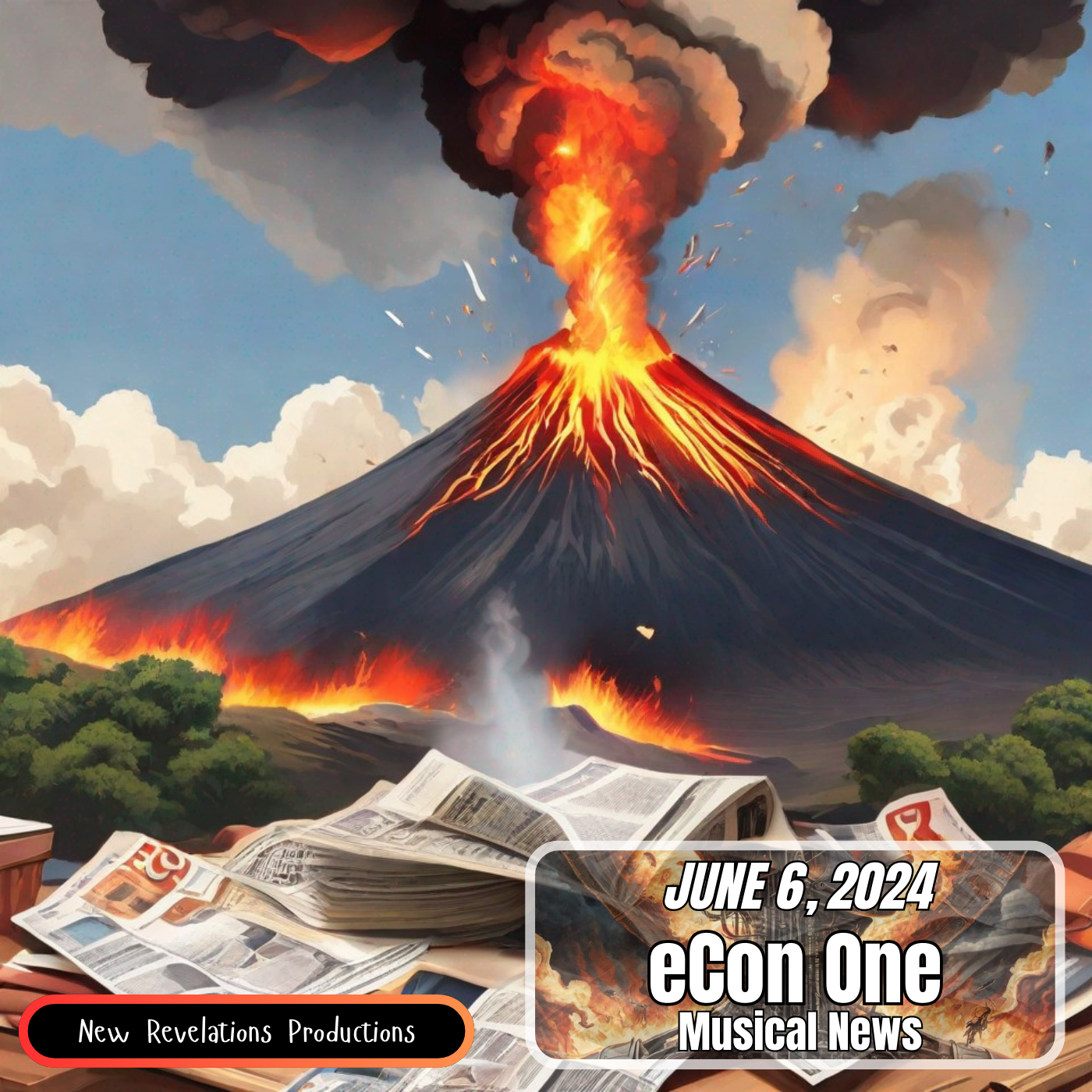June 6, 2024 Newsy Bits
In a significant legal victory, a jury has exonerated British tech entrepreneur Mike Lynch regarding his involvement in a controversial $11 billion deal with Hewlett Packard. This ruling not only clears Lynch of wrongdoing but also raises questions about accountability in high-stakes business transactions. The outcome may have broader implications for corporate governance and investor confidence, as it highlights the complexities of legal interpretations in the fast-evolving tech industry. Lynch’s case serves as a reminder of the challenges faced by leaders in navigating both innovation and regulation.
Despite ongoing trade tensions, China's exports surged by 7.6% in May, surpassing analysts' expectations. This growth reflects the resilience of China's manufacturing sector and its ability to adapt to shifting global market conditions. The positive export figures may provide a buffer against economic pressures resulting from geopolitical frictions. However, the sustainability of this growth remains uncertain as trade policies and international relations continue to evolve, highlighting the interconnectedness of global economies.
The United Nations has urged Belarus to conduct a thorough investigation into reports of torture and the deaths of political prisoners. This call underscores the international community's concern over human rights violations in Belarus, particularly in the wake of political unrest. The UN's intervention emphasizes the importance of accountability and justice for victims of state-sponsored violence. As global attention focuses on Belarus, the hope is that increased pressure will lead to meaningful reforms and the protection of basic human rights.
In a provocative statement, Russian President Vladimir Putin warned that Russia may supply long-range weapons to other countries capable of striking Western targets. This rhetoric escalates existing tensions between Russia and the West, further complicating the geopolitical landscape. Such developments raise alarms about potential arms races and the risks of wider conflicts. The international community must navigate these challenges carefully, balancing defense strategies with diplomatic efforts to avoid escalation.
Amid rising tensions in the Indo-Pacific region, top defense officials from the US and China are working to restore communication channels. This initiative is crucial for preventing misunderstandings and managing conflicts that could arise from military posturing. Open lines of communication are essential for fostering stability and ensuring that both nations can address security concerns without escalating tensions. The outcome of these discussions will be vital for future US-China relations and regional security dynamics.
In a historic election, the African National Congress (ANC) has lost its 30-year majority in South Africa, signaling a significant shift in the political landscape. This change reflects growing discontent among voters regarding issues such as corruption, economic inequality, and service delivery. The ANC's decline raises important questions about the future of governance in South Africa and the potential for new political movements to emerge. This election could redefine the country’s trajectory as citizens seek accountability and effective leadership.
Lava continues to spurt from an Icelandic volcano for the second consecutive day, with fissures extending two miles. This geological activity has drawn attention from scientists and tourists alike, highlighting the dynamic nature of the Earth’s surface. While the volcanic eruptions pose challenges for local communities, they also provide valuable insights into volcanic behavior and the planet's geological processes. As the situation develops, monitoring efforts will be crucial to ensure the safety of both residents and the environment.
These headlines illustrate a world grappling with a multitude of challenges, from legal battles and economic shifts to human rights concerns and environmental phenomena. Each story underscores the intricate interplay of factors that shape our global landscape, emphasizing the need for vigilance, dialogue, and adaptability. As we navigate these complexities, it is vital to remain informed and engaged, fostering a collective commitment to justice, stability, and sustainable progress.
